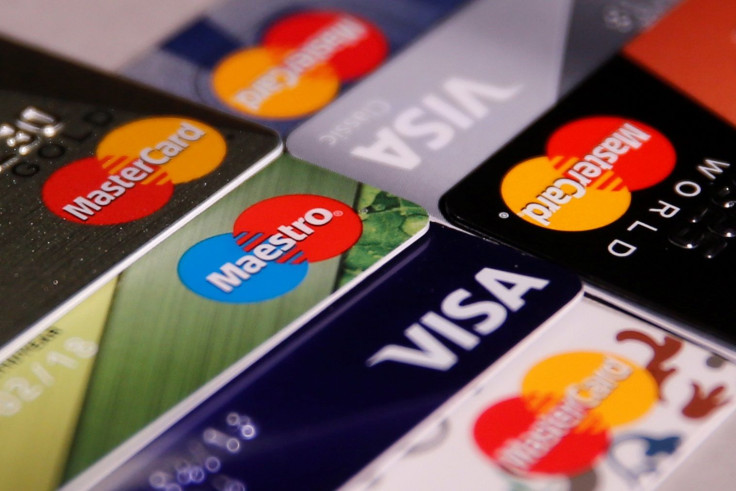Visa to offer biometric payments to Aussies

Australians will soon get access to completely “frictionless” transactions using a person’s heartbeat, voice, retina and thumbprint, according to Visa. The credit card company is partnering with the rest of the industry on new standards.
The new technology is expected to start before the year ends. Visa Australia head of product Rob Walls said Australians are tech-hungry but savvy in using the technology at the same time.
“We see the penetration of smartphones, internet banking and paywave,” Walls said, adding that the nation leads the way in paywave adoption. He observed how Aussies are utilising Siri as part of their engagement, like ordering a pizza.
Based on a YouGov poll commissioned by Visa, 56 percent of respondents would be comfortable using their thumbprint, retina or voice to make a payment. Almost 45 percent said that biometrics were alluring for being more secure, and 40 percent are pleased with the idea of not having to memorize a PIN.
Walls noted that industry research suggests eight out of 10 people use the same PIN for most of their payment cards. The average consumer is expected to have over 200 passwords he needs to remember by 2020.
For Walls, that means an explosion of places where an Aussie’s card details might be stored. The risk can be eliminated through a more natural authentication like a retina scan, a heartbeat or thumbprint. Furthermore, the poll showed 29 percent of the respondents saying they are interested in using internet-connected devices like a smart home virtual assistant to make payments, while 39 percent would share their personal information for convenience in making payments.
But Walls said any change will be gradual, adding that it would not be a revolution, but an evolution. He explained it would take some time to accept biometrics, citing the point-of-sale terminals, the banks that will put them out and the merchants that will accept them.
Amid the recent high-profile data breaches and hacks, Walls assured that Visa was “acutely aware” of the need to get standards. The credit card giant, he said, was looking at the implementation around biometric authentication right from the outset.
Founder of strategy consultancy Thinque Anders Sorman-Nilsson said any technology that trims down friction from the life of the consumer was exciting. “My mum is a Baby Boomer, she hates the world of the internet partly as a result of her lack of organisation around passwords,” news.com.au quotes him as saying.
Read More:
Melbourne woman receives $16,290 from ATO but wants it removed from her bank account
Australia to build its first dementia village in Tasmania to help the most disadvantaged
Channels Television/YouTube





















